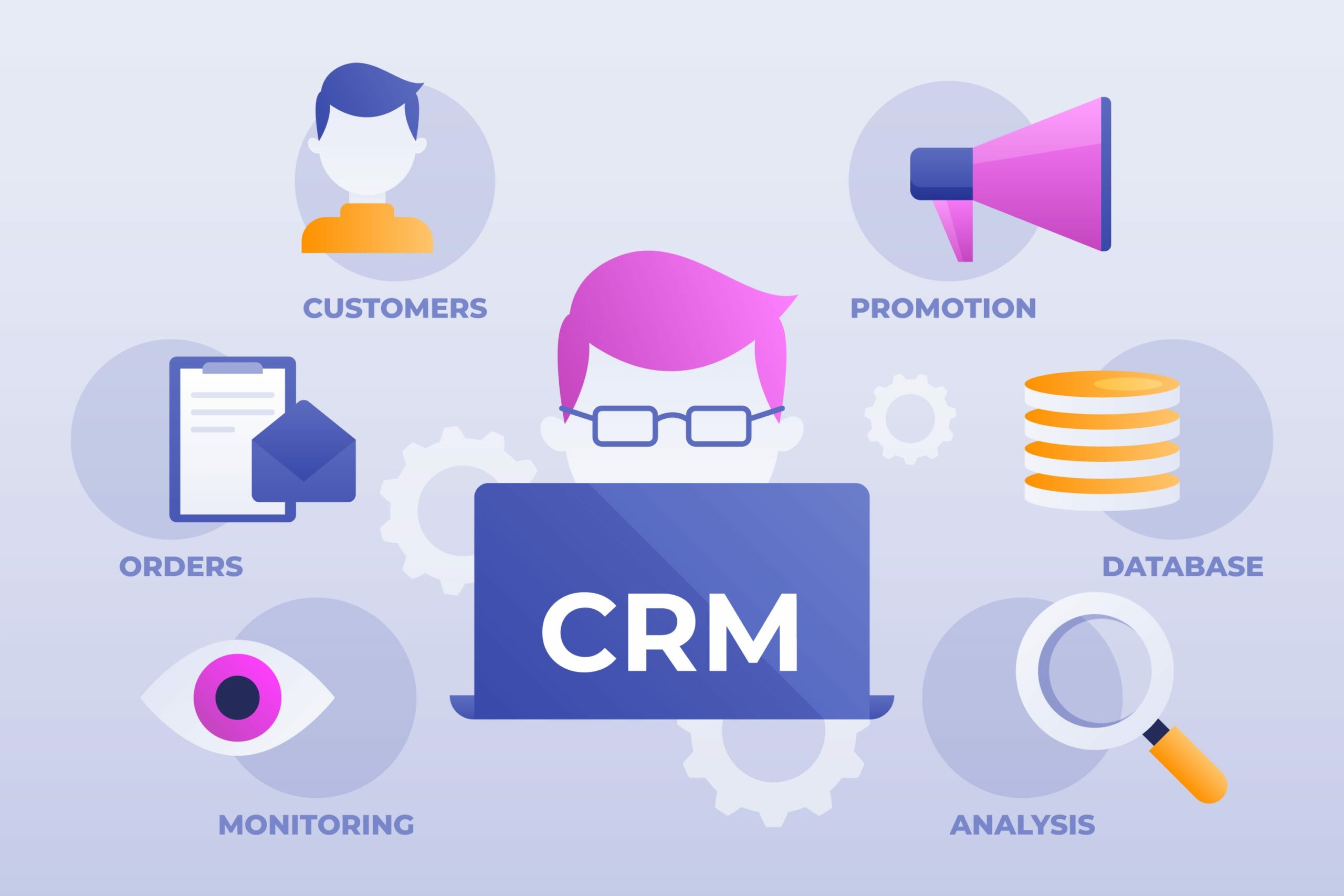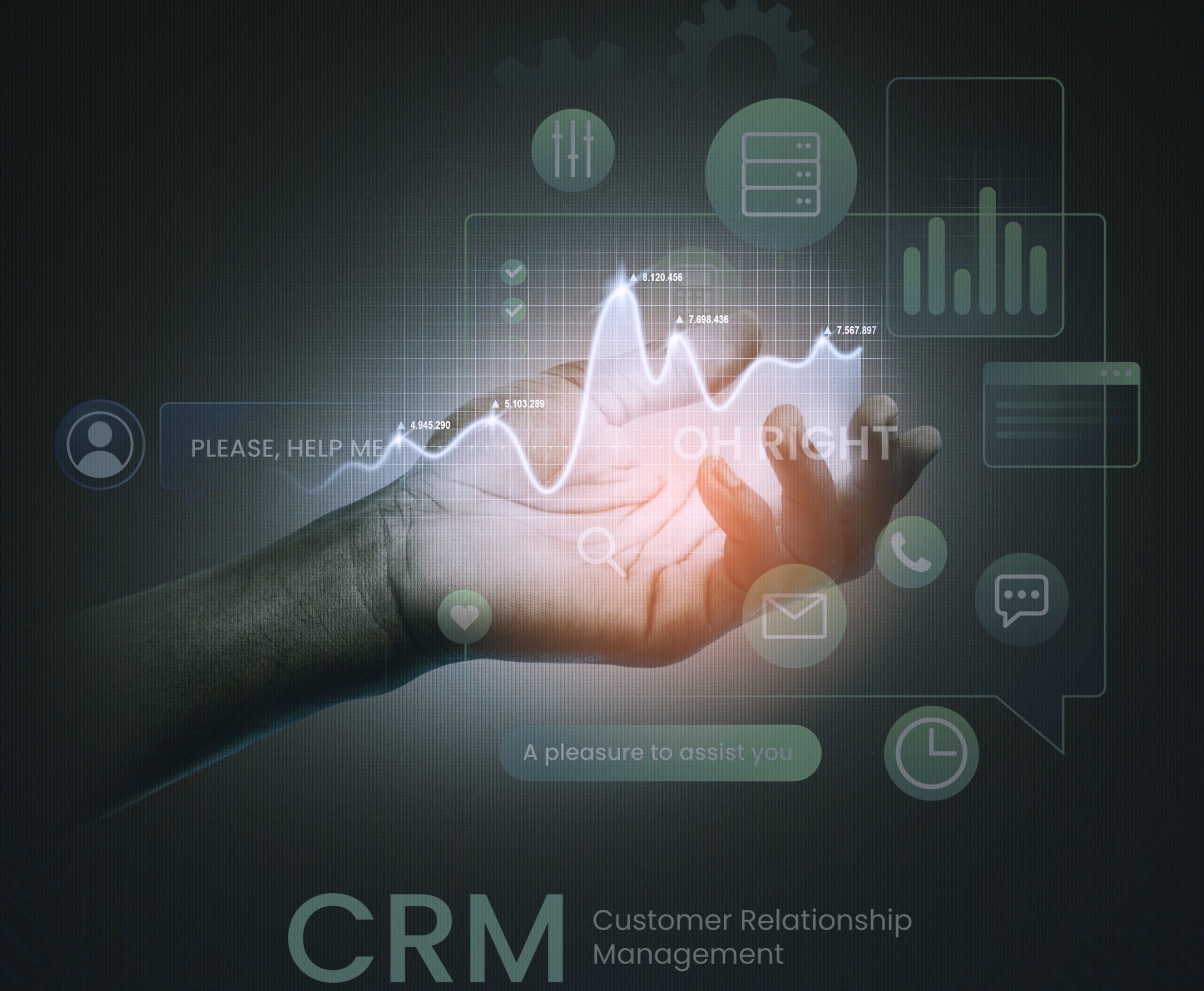Introduction: In today’s digital era, e-commerce has become a crucial aspect of business growth and profitability. With more consumers turning to online shopping, it’s essential for businesses to leverage effective e-commerce solutions to maximize their revenue potential. In this blog, we will explore various strategies and tools that can help your growing business thrive in the competitive online marketplace.
- Building a User-Friendly Website: Creating a user-friendly website is the foundation of any successful e-commerce venture. Your website should be visually appealing, easy to navigate, and optimized for mobile devices. Providing a seamless browsing and purchasing experience for your customers will enhance their satisfaction and increase the likelihood of repeat purchases.
- Implementing a Robust E-commerce Platform: Choosing the right e-commerce platform is crucial for managing your online store efficiently. Look for platforms that offer features such as secure payment gateways, inventory management, customer relationship management (CRM development) tools, and marketing automation capabilities. Platforms like Shopify, WooCommerce, and Magento provide a wide range of features to streamline your operations.
- Optimizing Product Pages: Your product pages are the gateway to conversions. Ensure each product page is optimized with high-quality product images, detailed descriptions, customer reviews, and clear pricing information. Incorporate search engine optimization (SEO) techniques to improve visibility in search results and attract organic traffic.
- Streamlining Checkout Process: A complicated and lengthy process can lead to cart abandonment. Simplify the checkout process by minimizing the number of steps required, offering guest checkout options, and providing multiple payment methods. Incorporating trust signals, such as security badges and customer testimonials, can instill customer confidence and boost conversion rates.
- Personalized Marketing Strategies: Implementing personalized marketing strategies can significantly enhance customer engagement and boost sales. Leverage customer data to create targeted email campaigns, recommend relevant products, and provide personalized discounts or loyalty rewards. Utilize automation tools to segment your customer base and deliver tailored content at the right time.
- Analyzing and Optimizing Performance: Regularly monitor and analyze key performance metrics such as conversion rates, average order value, and customer lifetime value. Utilize analytics tools to gain insights into customer behavior, identify bottlenecks, and make data-driven decisions. A/B testing various elements of your website, such as call-to-action buttons or pricing structures, can help optimize your e-commerce performance.
- Leveraging Social Media and Influencer Marketing: Social media platforms have immense potential for driving traffic and increasing brand awareness. Develop a strong presence on platforms relevant to your target audience and engage with potential customers through compelling content, promotions, and contests. Collaborating with influencers or micro-influencers can amplify your reach and credibility.
- Providing Exceptional Customer Service: Outstanding customer service is a key differentiator in the e-commerce landscape. Respond promptly to customer inquiries and provide multiple channels for communication, such as live chat or chatbots. Strive to resolve customer issues promptly and exceed their expectations to foster customer loyalty and generate positive reviews.
Conclusion: In the rapidly evolving world of e-commerce, implementing effective strategies and utilizing the right tools is essential for maximizing profitability. By focusing on user experience, streamlining operations, leveraging personalization, and analyzing performance, your growing business can thrive in the competitive online marketplace. Embrace these e-commerce solutions, and unlock your business’s true potential for success.


